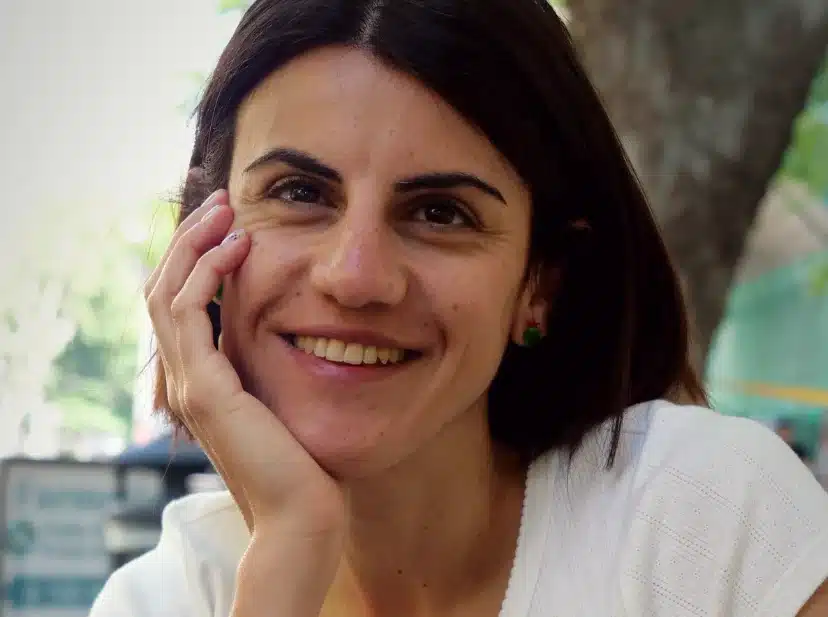The If Clause in Italian
The “if” clause in Italian, or the conditional clause, is used to express conditions and hypotheses. It consists of two main parts: the conditional clause introduced by “se” (if), and the main clause, which describes what happens “if the condition is met.” In Italian, these are collectively known as “periodo ipotetico.” There are three types of ‘periodo ipotetico’ or ‘if clauses’ in Italian.
1. Periodo Ipotetico della Realtà or First Type (Real Conditional)
The real conditional refers to situations that can actually occur in the present or future. It involves realistic conditions. The structure follows this pattern: “se” + present indicative in the “if” clause and present indicative, future tense, or imperative in the main clause.
| If Clause (Condition) | Main Clause (Result) |
|---|---|
| se + present indicative Se piove (if it rains) | present indicative rimango a casa (I stay home) |
| se + present indicative Se studio italiano ogni giorno (if I learn Italian every day) | future tense migliorerò (I’ll improve) |
| se + present indicative Se hai bisogno d’aiuto (if you need help) | imperative chiamami! (call me!) |
2. Periodo Ipotetico della Possibilità or Second Type (Possible Conditional)
The possible conditional is used for less likely but still possible situations. It typically involves hypothetical scenarios that could occur under certain conditions. The structure is “se” + imperfect subjunctive in the “if” clause and present conditional in the main clause. This is the most common pattern when discussing possibilities in Italian.
| If Clause (Condition) + Main Clause (Result) | English Translation | Verb Tenses Used |
|---|---|---|
| Se avessi più tempo, viaggerei di più. | If I had more time, I would travel more. | Imperfect Subjunctive (If Clause), Present Conditional (Main Clause) |
| Se potessi, comprerei una casa in Italia. | If I could, I would buy a house in Italy. | Imperfect Subjunctive (If Clause), Present Conditional (Main Clause) |
| Se fossi in te, parlerei chiaro. | If I were you, I would speak clearly. | Imperfect Subjunctive (If Clause), Present Conditional (Main Clause) |
Common forms of the possible conditional include:
- Se fossi – If I were
- Se avessi – If I had
- Se potessi – If I could
- Se dovessi – If I had to
- Se volessi – If I wanted
- Se sapessi – If I knew
Italian vs. English
For the third type conditional, Italian uses the imperfect subjunctive in the “if” clause and present conditional in the main clause, e.g., “Se avessi tempo (if clause), viaggerei (main clause). English uses the simple past in the “if” clause and conditional simple in the main clause, e.g., “If I had time (simple past), I would travel (conditional simple).

Test Your Italian
Not sure what your Italian level is?
I’ve created a free online Italian test to help you determine it.
3. Periodo Ipotetico dell’Irrealtà or Third Type: Unreal Conditional
The unreal conditional is used for imaginary or impossible situations, typically referring to the past. It’s used to discuss something that could have happened but did not. The pattern consists of “se” + pluperfect subjunctive in the “if” clause and past conditional in the main clause.
| If Clause (Condition) + Main Clause (Result) | English Translation | Verb Tenses Used |
|---|---|---|
| Se avessi studiato di più, sarei stato ammesso all’università. | If I had studied more, I would have been admitted to the university. | Pluperfect Subjunctive, Past Conditional |
| Se fossi andato alla festa, avrei incontrato Maria. | If I had gone to the party, I would have met Maria. | Pluperfect Subjunctive, Past Conditional |
| Se avessimo saputo del concerto, ci saremmo andati. | If we had known about the concert, we would have gone. | Pluperfect Subjunctive, Past Conditional |
Italian vs. English
For the third type conditional, Italian uses the pluperfect subjunctive in the “if” clause and the past conditional in the main clause. For example, “Se avessi avuto tempo (pluperfect subjunctive), avrei viaggiato (past conditional). English uses the past perfect in the “if” clause and the past conditional. For example, “If I had had time (past perfect), I would have traveled (past conditional).







